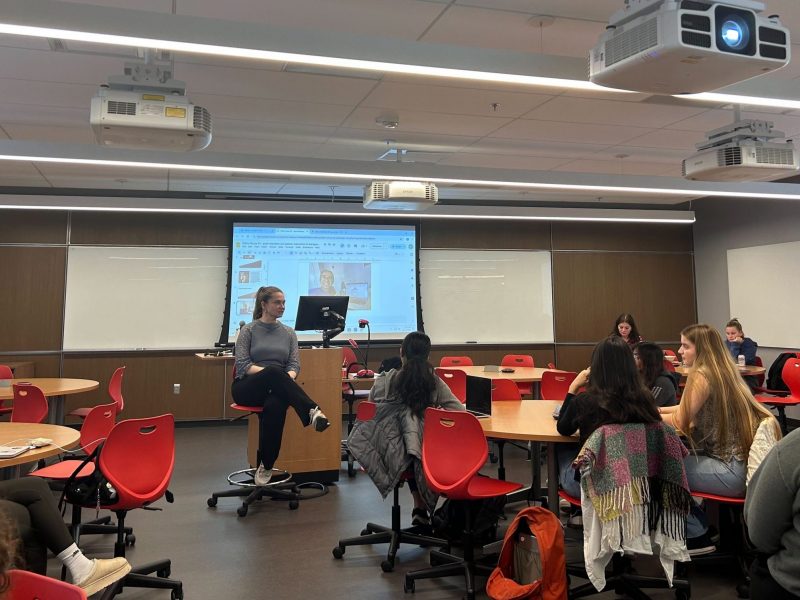
Today’s Staff Editorial
Surprise, surprise: A college newspaper supports drug reform.
The Diamondback — columnists, guest columnists and the editorial board alike — has published ad nauseam about the health benefits, economic salvation and political implications of marijuana legalization.
But the truth is, much of these opinions are merely conjecture. And therein lies the true problem with prohibition: It’s stunting human curiosity.
In his August documentary, Weed, on CNN, medical correspondent Sanjay Gupta describes at length the difficulty of studying marijuana in the United States. Its categorization as a Drug Enforcement Administration Schedule I drug makes it difficult to get ahold of legally, and difficult to receive funding for, too.
Gupta says 6 percent of studies about marijuana in the country are focused on the drug’s benefits. The rest, meanwhile, focus on its harm.
And as a result of this overwhelming lack of consensus, marijuana has developed a major halo effect among patients and some doctors alike. Some attest to the drug’s ability to cure cancer. Their evidence? Often almost exclusively anecdotal, not data-driven.
As of Aug. 31, Colorado had doled out more than 109,000 medicinal marijuana registrations since the state — which voted to allow recreational use in 2012 — passed an amendment allowing medicinal use in 2000. Meanwhile, Colorado is seeing migrations of people (and even pets) looking for treatments.
On the whole, we all look pretty foolish. Chances are marijuana is not the most effective treatment for all 109,000 patients looking for it in Colorado or for every single one of the untold millions looking for it nationwide. And cannabis probably won’t spell the end of cancer. But we just don’t know. As a result, it’s only natural that we’re hyping up weed as a wonder drug — it’s an immediate effect of prohibition.
By preventing proper exploration of a potentially beneficial medicinal and economic boon for this nation, the U.S. is suffocating a basic human quality that it should be nurturing: our propensity to answer questions.
Gov. Martin O’Malley has taken progressive steps on marijuana policy, at the end of the last legislative session and in the creation of an 11-member commission in September to oversee medicinal marijuana legalization in this state. With *53 percent of state residents* favoring legalization, his path should not include too many obstacles.
But while his efforts to roll back prohibition might or might not uncover medical, economic and political benefits, O’Malley should place a heavy emphasis on one thing: learning more.
Researchers at this university, in everything from economics and sociology and psychology to biology and chemistry and physiology and neurobiology, could lead the process of dispelling or confirming the myriad myths surrounding drug reform.
Curiosity is arguably humankind’s most impressive quality, and with marijuana, we aren’t showing that. But we can.
Return to the Opinion section’s discussion of drugs and alcohol on the campus.



